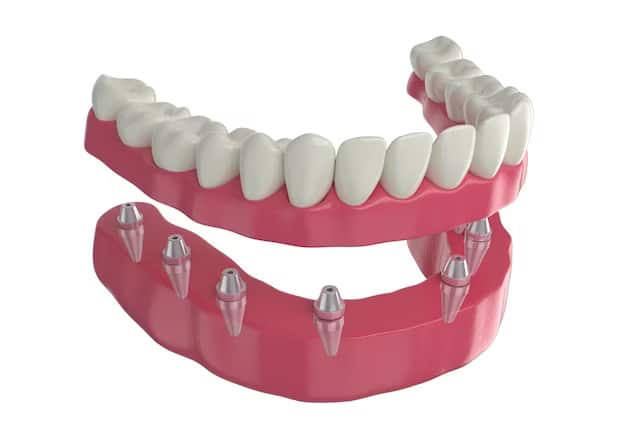Dental bridges are a popular and effective solution for replacing missing teeth and restoring both functionality and aesthetics to your smile. If you are considering getting a dental bridge, you might wonder if they are a permanent solution or require replacement over time. In this informative blog, we will explore the lifespan and durability of dental bridges to help you understand what to expect from this restorative dental treatment.
The Lifespan Of Dental Bridges
The lifespan of dental bridges can vary depending on various factors, including the type of bridge, oral hygiene, and individual habits. On average, dental bridges can last between 5 to 15 years or even longer with proper care. Some bridges may require replacement sooner, while others can last for decades. Regular dental check-ups can help monitor the condition of your bridge and detect any issues early on.
Factors Affecting The Durability
Oral Hygiene
Proper oral hygiene is essential for the longevity of dental bridges. Brushing twice a day, flossing, and using mouthwash can help prevent plaque buildup and maintain the health of the supporting teeth and gums.
Type Of Bridge
Different types of dental bridges have varying levels of durability. Traditional bridges, which are anchored to adjacent natural teeth, are generally robust and long-lasting. Implant-supported bridges, secured to dental implants, can be even more durable and potentially last a lifetime with proper care.
Material Used
Dental bridges can be made from various materials, including porcelain, metal, or a combination of both (porcelain fused to metal). Each material has its own set of advantages and considerations that can affect the durability of the bridge.
Chewing Habits
People with habits like teeth grinding or clenching (bruxism) may put extra stress on the dental bridge, leading to premature wear. Dentists may recommend a nightguard to protect the bridge during sleep.
Position Of The Bridge
The location of the dental bridge in the mouth can influence its durability. Bridges in the back of the mouth, with higher chewing forces, may experience more wear and tear than those in the front.
Signs Of Wear And When To Replace
Over time, dental bridges may exhibit wear or damage signs indicating replacement needs. Some common signs include:
Fractured or chipped bridge components
Recurrent decay on supporting teeth
Discoloration or staining of the bridge
Loose or unstable bridge
Changes in the fit or bite of the bridge
If you notice any of these signs or experience discomfort with your dental bridge, schedule a dental appointment promptly for an evaluation.
Maintaining Dental Bridges
To prolong the lifespan of your dental bridge, follow these maintenance tips:
Maintain excellent oral hygiene, including regular brushing, flossing, and dental check-ups.
Use a bridge or floss threader to clean under the bridge and around the supporting teeth.
Avoid using your teeth to bite on hard objects or foods that may damage the bridge.
Follow any specific care instructions your dentist provides for your type of bridge.
The Bottom Line
Dental bridges are a valuable restorative option for replacing missing teeth and restoring your smile’s function and appearance. While they are not considered permanent, dental bridges can last many years with proper care and maintenance, providing an effective and durable solution. Regular dental check-ups are essential for monitoring the condition of your bridge and addressing any issues early on. If you have concerns about your dental bridge or notice signs of wear, don’t hesitate to consult your dentist for appropriate evaluation and treatment options. Remember that a well-cared-for dental bridge can improve oral health and enhance your quality of life.




